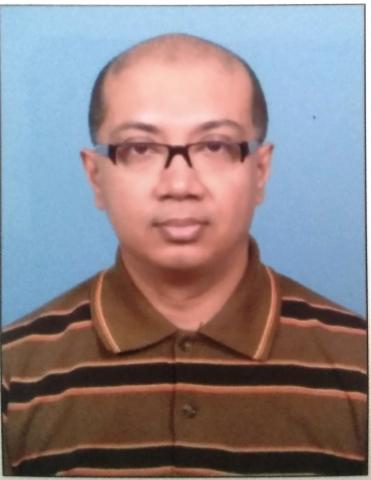E. Lec. (25): The Place of Literary Urban Studies in the Domain of Cultural Studie

Report of E. Lec. on
“The Place of Liteary Urban Studies in the Domain of Cultural Studies”
The 25th in the virtual series of Enrichment Lectures was organised by the Department of English on 12 February 2022, wherein Dr Nilak Datta of BITS Pilani, Goa Campus, spoke on “The Place of Literary Urban Studies in the Domain of Cultural Studies”. Dr Datta’s academic interests are varied, ranging from Literary and Cultural Studies, American Literature, Postmodernist Fiction, Tourism Studies (Cultural Policy, Theory, Literature, Film), Academic Writing for Research Purposes, and Urban Modernity in the Nineteenth Century. In keeping with the subject matter at hand, he introduced and defined ‘Culture Studies’ and ‘Literary Urban Studies’. Next, he talked about the institutionalisation of culture studies and situated the “process” of literature too in the same frame as institutionalisation leads English Studies to be seen as a part of Culture studies.
From that point onwards, Dr Datta steered the session through the history and origins of Culture Studies, tracing its beginnings in America to examining the impact that globalisation has had on the psyche of its consumers as also how “meaning-making” is an integral part of the human experience. He went on to highlighting some of the issues for research and inquiry, focussing on the impact mass-produced media has had on traditional methods of storytelling; on sharing and retaining information; on its nuances, thus concluding that ‘Culture is a living entity and for which the notion of urban space is important’.
The lecture was enriched with references and examples from various fields such as American Literature, British landscape paintings, Romantic Poetry and New Media - film, television, graphic novels - with the Speakerconstantly drawing a parallel between the portrayal and importance of the city (urban space) as opposed to the country or non-urban spaces.
The interactive session concluded with a series of questions posed by student-participants and faculty members alike. It opened up new areas for study and inquiry that can be seamlessly incorporated to the domain of English Studies, creating a shared space apt for research by understanding the vital link between literature on the one hand and the urban and culture - popular or otherwise - on the other.

